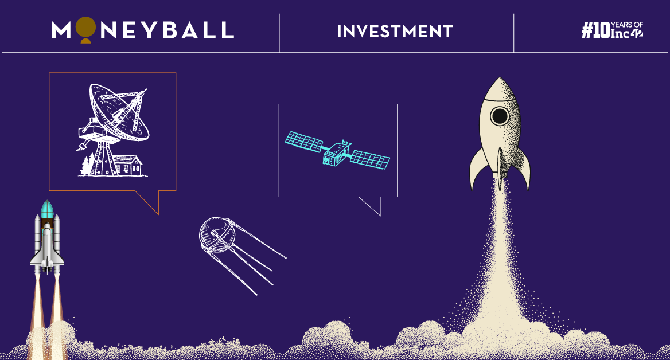Inc42
2w
0

Image Credit: Inc42
Time For Liftoff? How The VC View On India’s Spacetech Startups Is Changing
- In 2022, Hyderabad-based Skyroot Aerospace became the first private Indian space company to launch a rocket into space with its Vikram-S rocket series.
- There are currently more than 150 spacetech startups in India catered to by an active VC ecosystem comprising 50+ venture capital funds – both domestic and international.
- India's heritage in spacetech is more than six decades old, which has resulted in strong talent and advisory pools, educational institutes with relevant coursework among others.
- More than 150 spacetech startups have emerged across areas such as launch vehicles, satellite constellations, earth observation, satellite communication, space data analytics, and in-space technologies among others leading to a high degree of innovation.
- The Indian Space Policy 2023 gave further momentum to the spacetech sector, and the government established the Indian National Space Promotion and Authorisation Centre (IN-SPACe) to facilitate startup participation.
- VC funds are increasingly investing in the development of the Indian spacetech ecosystem with Vishesh Rajaram, managing partner at Speciale Invest, underscoring the importance of VC investments for the upstream technologies.
- Spacetech startups are offering innovative solutions at a much lower cost than their international counterparts and with faster execution, underscoring the innovation-first mindset in spacetech in India.
- Nearly 74% of investors have made only one deal within the ecosystem, and in 2024, no new fund specifically focused on spacetech startups has been launched so far, highlighting a challenge for the growth of Indian spacetech startups.
- The advent of AI is expected to accelerate the innovations in spacetech, and startups like GalaxEye are already building a sensor that fuses synthetic aperture radar (SAR) and optical data providing earth observation (EO) data through any weather.
- For India’s spacetech ecosystem to thrive, it is imperative to drive adoption of space-centric applications by companies on the ground, and it's natural that venture capital funds and investors are also playing it safe and gauging the temperature of the ecosystem before deploying the big cheques.
Read Full Article
Like
For uninterrupted reading, download the app